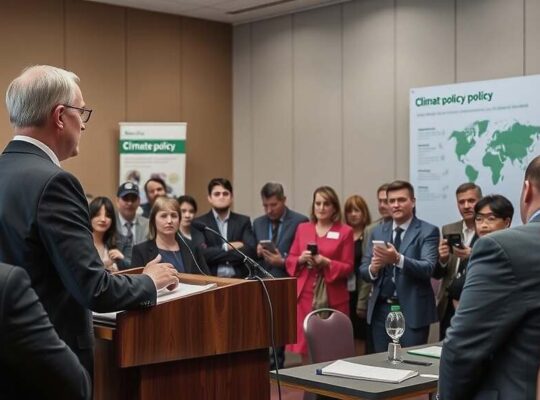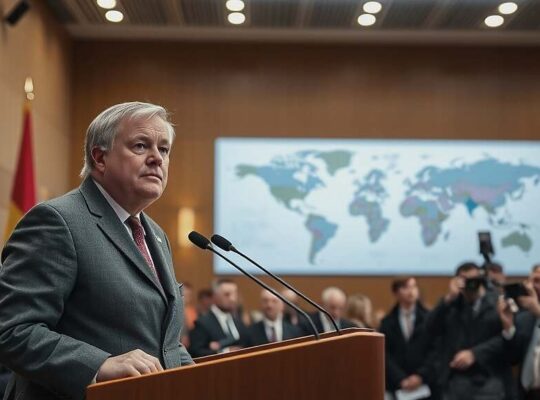As parliamentary debates on the upcoming budget commence, leading business representatives are urging the German government to prioritize structural reforms alongside planned increased spending.
Helena Melnikov, Deputy CEO of the German Chamber of Industry and Commerce (DIHK), emphasized that while the planned new borrowing provides policymakers with significant financial flexibility, it also carries substantial responsibility. She stressed the importance of deploying funds from the infrastructure fund strategically, efficiently and in a way that fosters economic growth. Melnikov cautioned that only by combining increased spending with structural reforms can Germany strengthen its economic dynamism and ensure the long-term sustainability of future interest and repayment burdens.
Melnikov called for a “decisive” reform agenda. She highlighted the need to significantly accelerate planning, approval and procurement processes, demonstrably reduce bureaucratic hurdles and effectively address the shortage of skilled workers. She argued that without these improvements, the realization of essential infrastructure projects, such as roads and networks, will be repeatedly delayed. Crucially, she insisted on improving the investment climate for the private sector, which accounts for approximately 90% of all investment in Germany. Following recent disappointments, particularly regarding the energy tax reduction, businesses anticipate that the new government will swiftly deliver relief and regain lost confidence.
Christoph Ahlhaus, Managing Director of the Federation of German Small and Medium-Sized Businesses (BVMW), voiced criticism of the previous black-red coalition’s economic policy. He expressed concern about the currently unclear path the government is taking to restore Germany’s attractiveness as an investment location for both domestic and foreign investors. Ahlhaus argued for tax reductions, relief from energy prices and welfare state reforms. He warned that policymakers should not neglect the needs of Germany’s 1.8 million small and medium-sized businesses, emphasizing the need for continued support.












